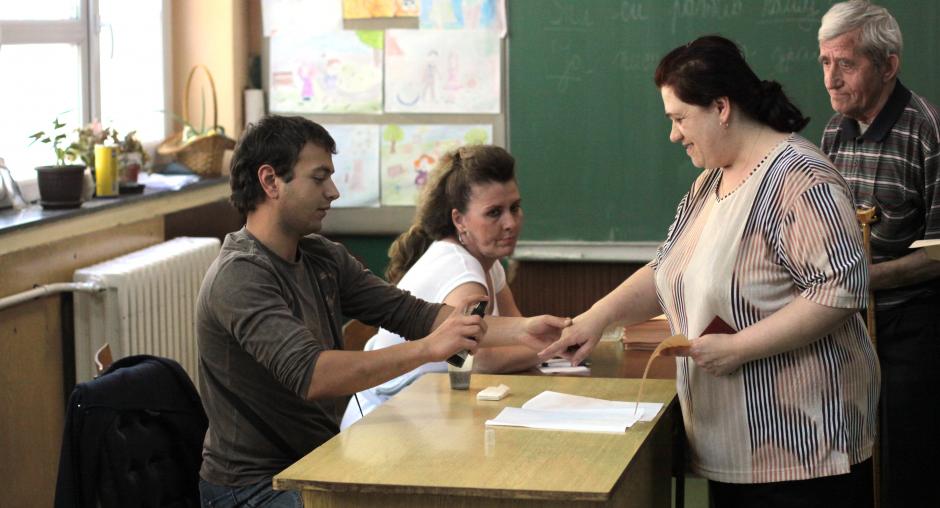Serbian presidential election open and highly competitive, institutions need to be more responsive

BELGRADE, 21 May 2012 – The second round of Serbia’s early presidential elections on 20 May 2012 maintained the open, highly competitive character of the first round, but provided further indications that efforts are needed to enhance the integrity of the electoral process, international observers said in a statement issued today.
Observers noted that contestants enjoyed equal opportunities for campaigning, which offered voters a distinct political choice. The media provided voters with a diversity of views, although active scrutiny of the campaign was lacking.
While contestants expressed general confidence in the election process prior to voting in the first round, from 9 May the campaign centered on allegations of election fraud made by four contestants, which other parties maintained were politically motivated. The performance of institutions in addressing these claims underscored the need for a more responsive system to resolve electoral disputes, the statement says.
The Republic Electoral Commission met legal deadlines, although its adoption of the final results from the first round and some other decisions showed increased polarization along party lines among its members. The statement notes that the posting of election results for each polling station on the Commission’s website was a positive development and in line with international good practice.
“Over the last decade Serbia has made significant democratic progress in the context of a constant and progressive international integration,” said Matteo Mecacci, the Special Co-ordinator who led the short-term OSCE observer mission and the Head of the OSCE Parliamentary Assembly’s delegation. “This process of democratic reforms is not finished and must continue to face old and new challenges after this highly competitive election.”
The statement says that more transparency in the voter registration system and greater professionalism from the election administration are necessary to enhance the integrity of the process.
“As on 6 May, there was a genuine political choice for voters to make in the second round, and the campaign between the two rounds was energetic,” said Corien Jonker, the Head of the OSCE/ODIHR Limited Election Observation Mission. “The institutional framework for democratic elections is there, but the institutions have to step up and take responsibility. Just like voters, contestants, political parties and the media, institutions have a vital role in moving democratic development forward.”
Election day proceeded smoothly and voting took place in an orderly manner in the limited number of polling stations visited by the international observers.
For further information contact:
Thomas Rymer, OSCE/ODIHR, +381 (0)62 193 2444 or +48 609 522 266, thomas.rymer@odihr.pl
Roberto Montella, OSCE PA, +381 (0)65 5600804 or +43 699 10 428681, roberto@oscepa.dk
